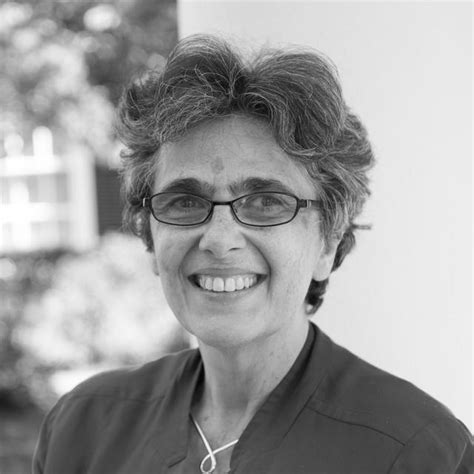A Quote by Kent Beck
Responsible Development is the style of development I aspire to now. It can be summarized by answering the question, How would I develop if it were my money? I'm amazed how many theoretical arguments evaporate when faced with this question.
Related Quotes
We face a fundamental question which can be described as both ethical and ecological. How can accelerated development be prevented from turning against man? How can one prevent disasters that destroy the environment and threaten all forms of life, and how can the negative consequences that have already occurred be remedied?
Responsible Development shares many practices with XP but the roots are different. Responsible Development's values are honesty, transparency, accountability and responsibility. These lead me to pairing, test-first, incremental design, continuous integration and so on because they support the values.
Any country is hard to govern, even a very small country. It's not a question of whether the country is large or small. It's a question of how you relate to the work, to what extent you feel responsible for it. Russia is also hard to govern. Russia is at the development stage of both its political system and the creation of a market-based economy. It's a complicated process, but very interesting. Russia, actually, is not just a large country, it's a great country. I mean its traditions, and its cultural particularities.
Because I would never work for a niche publication or a niche program on television and because I am a journalist and not an opinion person, my job is to try to see how many different points of view I can represent or how. It's not even a question of who you don't offend because you are always going to offend somebody. The question is how can you get people to listen to the information you have to present.
I was the type of person who was the question-asker. And not just genuine questions, I would ask a question so the author would know how much I knew about them. Once I went to a Tobias Wolff reading. I knew he was teaching at Syracuse at that time. And so, I remember asking him how he liked Syracuse. People do that to me now and it's okay. There is rarely a time when I just have had enough.


































